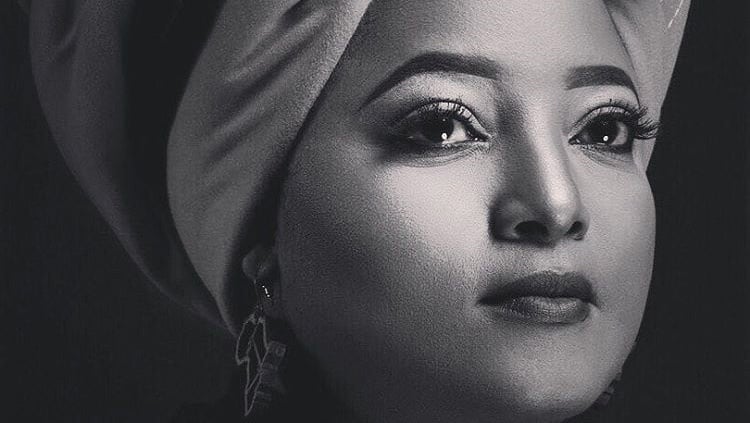
Radio host and activist Criselda Kananda Dudumashe’s story alleging that her second husband abused her further highlights the domestic abuse crisis in South Africa.
Criselda alleges that her husband of three years turned into a “raging monster out for blood” when she came home from work recently.
In a heartbreaking post she shared on her social media platform, she details some of the thought processes and actions she took after the incident.
“Yes, yesterday on 21 January 2019, my husband raised his hand on me and beat me... With the work that I do, in part advocating for women in abusive relationships and having previously lived through abuse, I know that it’s a beginning with no end. His hit today was one too many,” she writes in her statement.
Often women are pressured and judged whether they stay or leave an abusive relationship or not. While Criselda didn’t comment on her decision in this regard she says she hopes for “rehabilitation and corrective counselling” for her husband, although she laid a charge with the police. She did note that she knows from her work that if she stays, it won't be the last.
With legal structures in place and a number of NGOs that help combat violence against women, South Africa still sits with a huge problem of domestic violence against women.
In its Crime Against Women in South Africa report, Statistics SA notes the 3.3% of South African men think it’s acceptable that men hit women. The Gauteng province website notes that one in every four women in South Africa are assaulted by their boyfriend or husband every week.
READ MORE: 84% of black women are abused and harassed by other Twitter users
It is commonly known that domestic abuse is underreported in South Africa and First For Women foundation notes that the reasons women usually don't report include:
“My family will resolve it”
“The police won’t do anything”
“I solved it myself” and
“It’s not serious enough”
Nompumelelo Mbatha, a social worker at People Opposing Women Abuse (POWA), says when in an abusive marriage or relationship, it is important to seek help urgently so that you get help and know your options – whether you leave the abusive environment immediately or later.
READ MORE: WATCH: "We deserve to not live in fear that one of us might be the next to lose their life"
She says in the case of physical abuse it’s not very easy to because your life may be in danger but it is still important to seek help.
One of the options one has when leaving an abusive relationship is to apply for a protection order at the family court, but Nompumelelo says you should approach this option with caution because its effectiveness is dependent on the context of each person.
“Before applying for a protection order you must assess the situation because some people become more aggressive when they see police,” she says.
READ MORE: Abused women can text 'hi rainbow' on Facebook messenger and get help and support
Mara Glennie, the founder of Tears Foundation, says a protection order can be applied for but says it would only be effective if you don’t share a place of residence with the abuser.
She says if your life is not in immediate danger you should prepare before you make your exit.
“You need to start preparing in advance so that if you have to go court or file for divorce, you’ve got everything.”
Mara says you if you are planning an exit from your abusive marriage these are the preparations you would need to make:
- Copy of marriage certificate
- Copy lease agreement
- Children’s birth certificates
- If possible, pack an emergency bag
- If possible, have your own bank account with money in it
“What I normally recommend to people when they start planning to leave is that they should be keeping a diary, in the diary what they should be writing is on this day at 2 o’clock [the spouse] did a, b and c," says Mara. She says this is helpful for reference if you do lay charges.
When someone is experiencing abuse in their relationship and comes to you for support, Mara suggests the following phrases to use:
“I’m here for you”
“I believe you”
“You’re not alone”
“How can I help you?”
Phrases to avoid would include the following"
“Why did you stay?”
“What were you wearing?”
“What did you do to make them angry?”
If you or someone you know needs help, you can contact one of the organisations below:
- Gender-based violence Command Centre: “Please call me” facility: *120*7867# Emergency line: 0800 428 428.
- POWA helpline: 0116424345
- Tears Foundation helpline: *134*7355# Or visit them by find the nearest offices here: tears.storefind.mobi
Sign up to W24’s newsletters so you don't miss out on any of our hot stories and giveaways.




 Publications
Publications
 Partners
Partners










